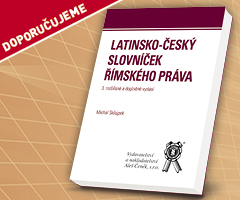Zařazeno v kategoriích: SOCIOLOGICKÁ LITERATURA, Ekonomická sociologie, SPOLEČENSKÁ LITERATURA
Hydroiluze. Přeshraniční spory o vodu pohledem kritické politické ekologie
Grünwald Richard, Andělová Petra
Dostupnost
skladem
Vydavatel
Počet stran
200
Místo vydání
Praha
Rok vydání
2016
Formát
A5
ISBN
978-80-87956-56-4
EAN
9788087956564
This book examines the water conflict and cooperation in the international transboundary river basins where over-exploitation and over-utilization of this kind of transboundary water resource brings new challenges for national water security in the 21st century. Politization and securitization of water is becoming integral part of many sovereign states, where water is percieved as a scarce and fiercely contested natural resource.
Focusing on transboundary river basins, the authors explore the perception of water resources and current narratives indicationg looming water crisis. The analysis will also illustrates on several case studies how national dvelopment strategies and water resources demands could shape the dynamics of transboundary hydropolitical interaction and what kind of hydro-illussionary narratives legitimize the desicion-making action by supreme hydrocratic elites. In addition, the book provides a holistic basin-wide analysis of the hydro-hegemonic power distribution between China, Burma, Laos, Thailand, Cambodia and Vietnam in the Mekong River Basin. According to our surveys, the Mekong is an interesting archetype, where we can see both conflict and cooperation between riparian states due to abundance rather than scarcity of water and where possitive hydropower development narratives are increasingly confronted by adverse impacts on livelihoods of local communities, on environment and on vital food security sectors like agriculture and fishery.
The book draws on investigation of an extensive empirical datas, research articles, offical documents and other relevant sources from detailed case studies, which should provide critical insight on contemporary hydro-illussions, power-asymmetry and water security.
Ostatní s tímto titulem kupují:
-
Položka byla přidána do košíku.
























